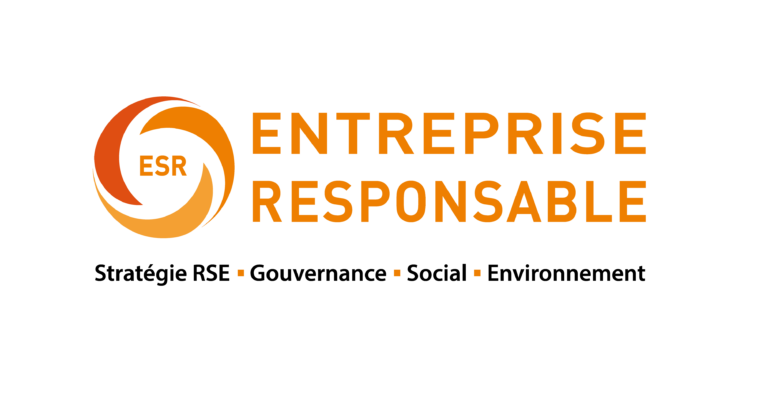LuxFLAG explored the critical role of Impact Investing in curbing global warming and the destruction of the natural environment with its Side Event at COP27
On November 7th, 2022, LuxFLAG hosted a round-table discussion, moderated by LuxFLAG´s CEO, Isabelle Delas, on the sidelines of the United Nations Climate Change Conference (COP27) in Sharm El-Sheikh on “Impact Investing: Key Policy and Market Challenges in an Evolving Regulatory Environment”.
The event was designed to explore key market challenges faced by impact asset managers and investors and the way in which regulatory frameworks are evolving to encourage the transition to a more sustainable economy.
As an international labelling agency, LuxFLAG´s presence at COP27 highlighted its strong commitment to engage with and learn from new and existing partners active worldwide, showcasing for the first time at a United Nations Climate Change Conference the role of LuxFLAG and its partners towards more Sustainable Finance.
In the first part of LuxFLAG´ side event, Finance in Motion (FiM), a leading global impact asset manager and advisor, offered an overview of the main challenges market practitioners face when investing via their impact funds. Ms. Britta Bochert, Head of Product Development at FiM, highlighted the need to improve the traceability of sustainability metrics in emerging markets, and to work on developing green taxonomies that assess environmental risks and create the framework for collection of data that can demonstrate a positive impact.
Ms. Eila Kreivi, Chief Sustainable Finance Advisor at the European Investment Bank (EIB), underlined the challenges of sourcing metrics that underpin the sustainability characteristics of impact investment, particularly in emerging markets. In addition, she also referred to the pioneering role multilateral institutions such as the EIB played in impact investing.
In the second part of LuxFLAG’ Side Event, Professor Dirk Zetzsche, ADA Chair in Financial Law (Inclusive Finance) at the University of Luxembourg, presented how UN SDGs and sustainable finance regulation could overcome some of those most pressing challenges faced by asset managers and investors. According to Prof. Zetzsche, regulating impact investment is essential to ensure fair competition and avert greenwashing, along with the ability to classify investments across different international jurisdictions. “Harmonisation is key if we do not want the taxonomy to be a paper tiger,” said Prof. Zetzsche, who also argued that expertise must be developed rapidly.
“Sustainable investment requires transparent and clear standards to bring about the change required”, Prof. Zetzsche concluded.
The livestream of the event is available at the link below:
https://www.youtube.com/watch?v=-fnGt035KWI




